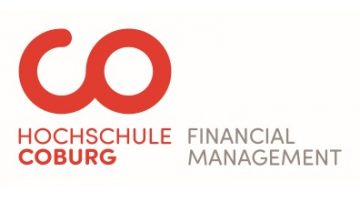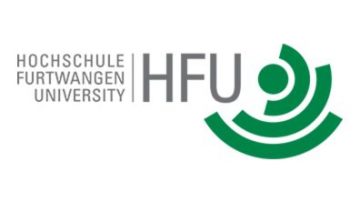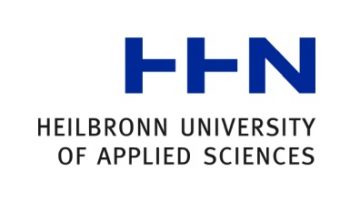Expert Session on Smart Agriculture in Arid Regions (Sudan)
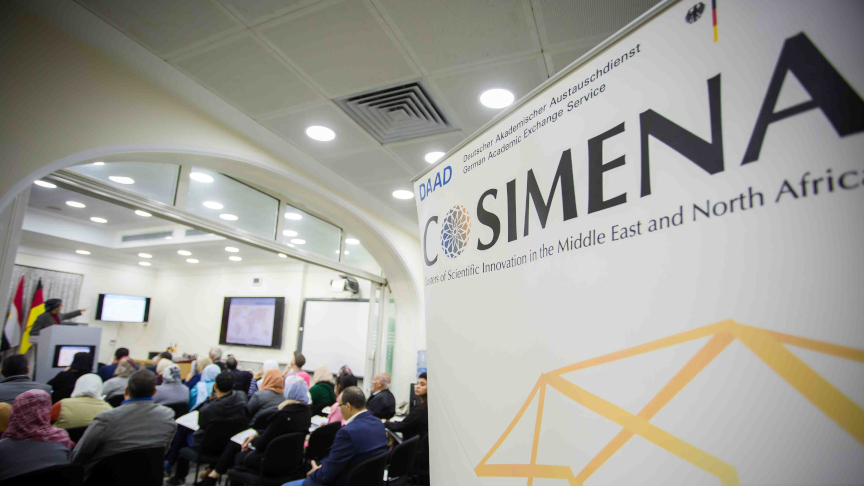
In Sudan, agriculture is the mainstay of the economy. It constitutes about 41 percent of the GDP and 80 percent of all exports; it employs more than 65 percent of the labour force and provides 50 percent of raw materials for the industrial sector. Yet it is far from achieving its full potential. In addition, the ongoing challenge of water scarcity on the African continent puts a direct threat on food production and translates to a loss of food security. According to the UN Economic Commission for Africa and New Partnership for Africa’s Development, “irrigation is key to achieving increased agricultural production that is important for economic development and for attaining food security”. Doubling Africa’s irrigated land is currently high on many political agendas. It can be addressed through markets, commodity selection, ownership, land tenure, reliable water storage, and international agreements.
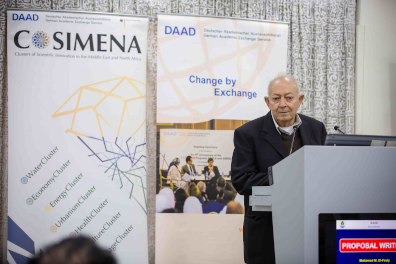
© AlshafeiMohamed
The Expert Session started with welcoming words by Dr. Elhadi Ali Ibrahim, Dean of the Faculty of Agriculture at the University of Khartoum, for the DAAD team and the speakers in which he stressed the importance of such events that bridge academia and research of both countries in order to stimulate further cooperation and joint research. This was also in line with Ms. Isabell Mering’s welcome address that followed in which she discussed how the DAAD Regional Office Cairo, responsible for both Egypt and Sudan, is working on the scientific front using several approaches to contribute to the research in this field. She explained that, through formats like COSIMENA, the DAAD aims to bring together experts from Germany and the Arab countries in events like today’s to stimulate innovative strategies and scientific collaboration to leverage the potential of food systems as one example of how to become the driver of inclusive economic development in rural as well as urban settings.
The first keynote on Sustainable Agroecosystems in Arid Regions was then held by Mr. Hany El Kateb, a senior scientist at the Technical University of Munich (TUM), Germany, and an international senior consultant. El Kateb, also a member of the Presidential Advisory Council of Scientists and Experts, first gave an overview of the present global challenges mainly due to the rising share of the world’s population living in unhealthy and unsustainable living conditions. He stated that the natural resources currently providing the means of survival for many people are now heavily polluted. Moreover, the energy sources used in the past now inflict huge damage on both humanity and the environment causing a direct imbalance in the ecosystem and its natural diversity. El Kateb also highlighted the gap in the distribution of wealth in the world: 82 percent of the wealth generated last year went to the richest 1 percent of the global population and 80 percent of global resource use, including fossil fuels, metals, wood, minerals and others, are used by only 20 percent of the world population residing in wealthier countries. This introduction laid the foundation for the main topic: a solution based on the use of mankind’s collective knowledge and technology for a sustainable and just management of the resources available. El Kateb went on to discuss the five key principles of sustainable farming that need to be the focus of the future of agriculture in both Egypt and Sudan. These principles revolve around improved efficiency in the use of resources and direct action to conserve, protect and enhance natural resources in addition to the adoption of responsible and effective governance mechanisms to maintain sustainable food supply and agriculture in the region. El Kateb presented his research as a way towards sustainable strategies for agriculture in arid regions. Forest plantations can fulfil numerous ecological roles, the most evident being CO2 absorption capacity and wood production. They can furthermore supply renewable energy, fixate dunes, prevent soil erosion and protect human settlements from wind and sand gusts. In terms of food security, agroforestry’s largest contribution would be to shield crops from shifting and encroaching desert sands particularly in the reclaimed lands.
Dr. Eltahir Harbi, a renowned national consultant on agriculture in Sudan, then gave a keynote talking about the huge potential of smart technology like precision farming in a country like Sudan with its vast resources. He saw that the adoption of this technology would combat the current poor productivity and production status and provide an answer to the high demand for agricultural crops for export and local consumption. Harbi’s keynote contrasted with the earlier speech on the best way forward for agriculture in the region because Harbi advocated adopting the latest technologies as an investment priority as opposed to the focus on optimal efficiency with old-school farming techniques that haven’t been sufficient so far.
The third talk was given by Nicolai Dellmann from the Philipps-Universität Marburg (UMR), who expressed his eagerness to participate in this expert session and had requested to join the event from the get go. Dellmann talked about examples of smart farming in Europe as a best practice. Over the past 24 years Germany has witnessed a huge decline of the agricultural workforce. Through innovative smart technology, however, crop yields have risen four times higher than wheat yields: the yield per hectare was 18.5 decitonnes 100 years ago. Today (average 2006 to 2011) the yield per hectare is 73.9 decitonnes according to Dellmann.
Dellmann then moved on to give an idea of the products used in Germany: “The first stage is the use of a single ‘digital’ product. The next level is a smarter product. This could, for example, be a tractor with various digital controllers. The third stage is an intelligently networked product. Here, the tractor is networked with management programmes that can receive and process various data, for example. Stage four of the digitalisation describes a digitally networked production system. Here, not only the individual tractor is connected but also the equipment required depending on the production system or work step. The highest level of digitalisation is a system where different subsystems communicate with each other.” Dellmann then recapped the previous two speeches and stated that the government in Germany viewed smart farming not as the “newest” technology but rather as the most adequate. This means, for example, an innovative diversification of water supply to harvest fog as a water source. This exemplifies a form of water use efficiency.
Dr. Asia Adlan from the University of Khartoum concluded the series of talks prior to the panel discussion with a talk on her work on Technology Needs Assessment (TNA) for adaption to climate change in Sudan. The TNA project is based on an agreement signed between the Republic of Sudan represented by the Higher Council for Environment and Natural Resources (HCENR), the United Nations Environmental Program (UNEP) and the Risoe Centre (URC), Denmark, and is supported by grants from the Global Environmental Facility (GEF). TNA is a tool through which several countries can identify the most applicable technology required for adapting to and mitigating climate change.
The closing panel offered an interactive discussion between the experts and the audience on the future of agriculture in research and cooperation opportunities. The panel, moderated by Dr. Sarra Saad from the National Centre for Research in Sudan (NCR), revealed two clearly distinct approaches to and views on smart farming for Sudan: one view defined smart farming in the context of using smart technology to improve agricultural yields in Sudan while another group discussed smart farming as an approach to use the available practical resources to work for the benefit of farmers and less on spending large amounts of capital on smart technology at this stage. The NCR agreed with the second group and stated that the current role of research is to help farmers make better use of available resources through advice on fertilisers to use or avoid. The event was rounded off by a dinner that allowed the experts to follow up on the discussion as well as exchange contacts for potential future collaboration.

